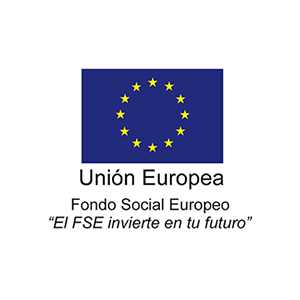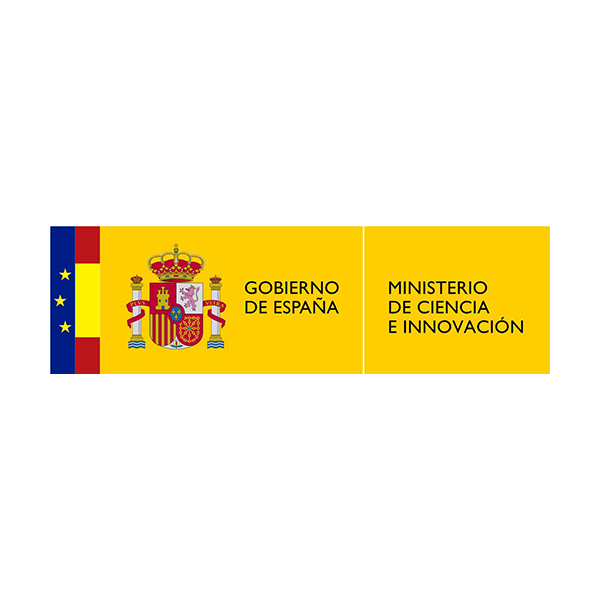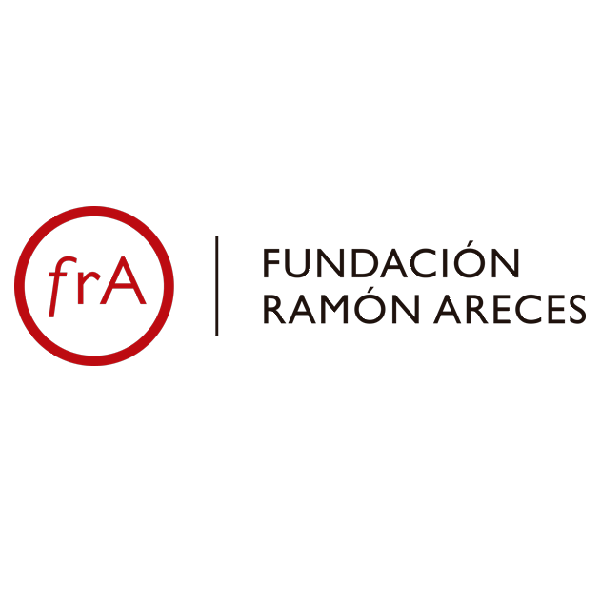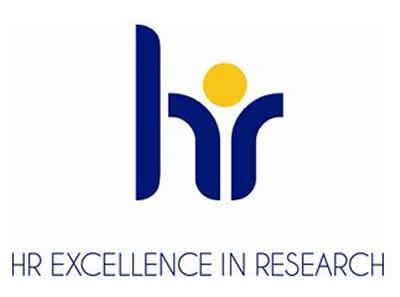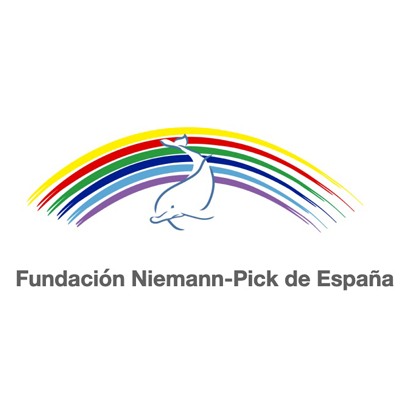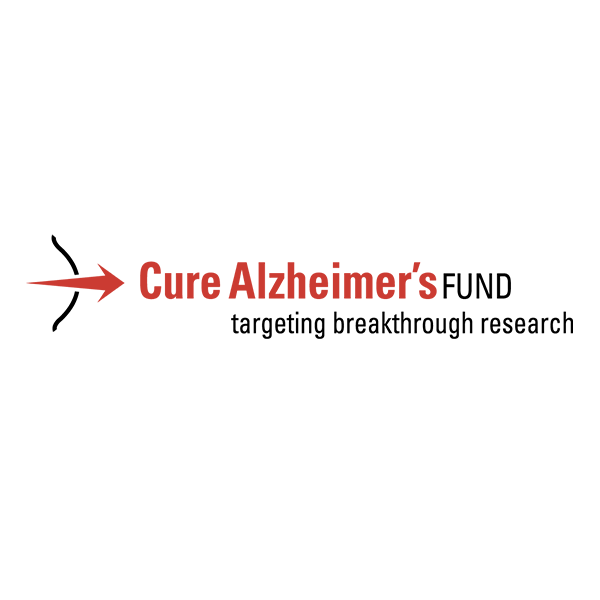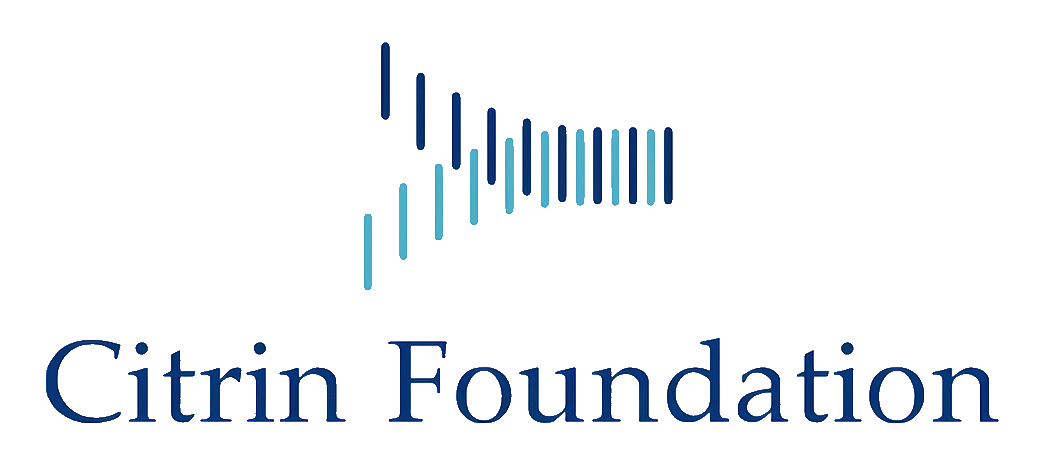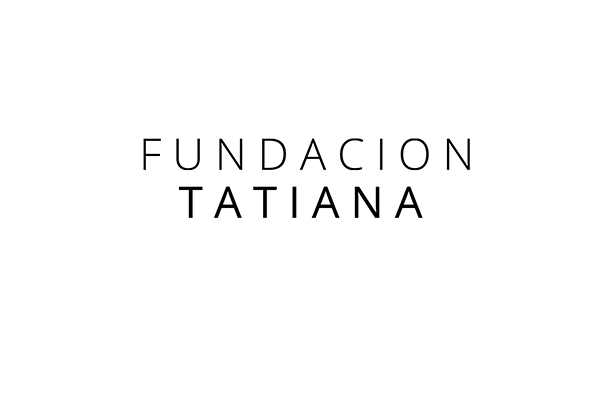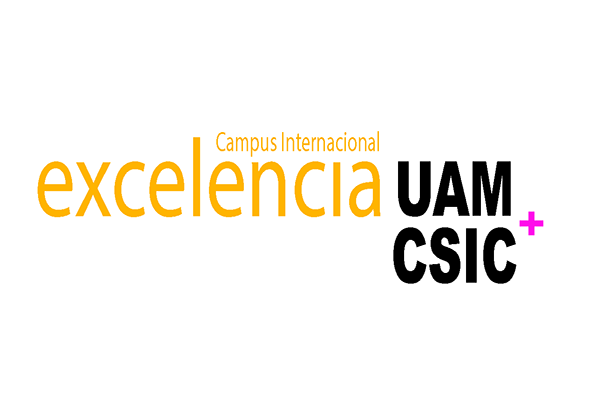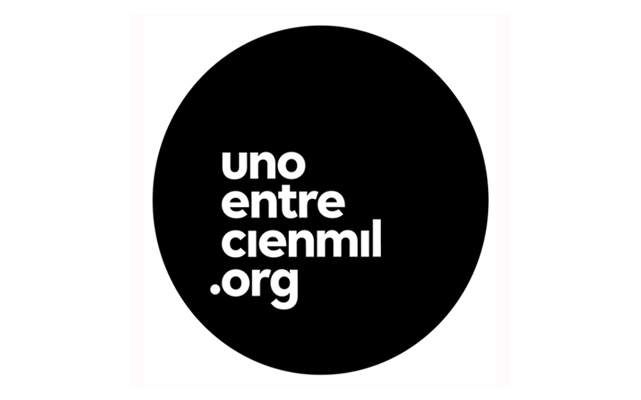Job Opportunities
The aim of this program is to increase the international representation of the institute, by incorporating eight outstanding international early career researchers (Postdoctoral Fellows) working on highly interdisciplinary topics related to the CBM’s research areas.
Briefly, the characteristics of the call are as follows:
- We are offering 7 postdoctoral positions, with a duration of 3 years and an estimated gross salary of 40.500 €/year.
- Applicants must have strong international training, not have worked in Spain for the last three years and obtained a PhD in Life Sciences after 01/01/2019. Career breaks will be considered.
- The application deadline is 30/09/2024, and the resolution of the call will be no later than 15/11/2024.
- Every candidate must have the endorsement of at least one CBM Principal Investigator (PI) before applying.
- Each CBM PI can only endorse one candidate.
The expected dynamics of the process will be that prospective candidates will contact CBM PIs showing their interest and CBM PIs will decide which candidate they would like to endorse.
To apply, candidates must:
- Read the guidelines and instructions in this document.
- Choose a group in the CBM.
- Get in touch with the PI and send them your CV.
- Agree with the PI on a postdoctoral project.
- Fill out this form and upload your files (more details in the document linked above).
The evaluation process will be as follows:
1. Only one candidate per PI will be considered.
2. A PI endorsing a candidate in this call will have a conflict of interest and will not participate in the decision process. Other conflicts of interest must be declared and the involved people will be excluded from the decision process.
3. Candidates will be evaluated based on their prior accomplishments and on the scientific quality of the proposed research, and their level of internationalization.
4. Candidates may be invited for an interview (face-to-face or online), if required.
5. The CBM Director will select an external ad-hoc evaluation committee, with the advice of the Internal Research Committee (CCI) and the external Scientific Advisory Board (SAB).
If you have any questions, do not hesitate to get in touch via this email address: postdoctoralcall@cbm.csic.es.
Biocomputational Data Analyst for Omic technologies and Biomedical results
Digital Talent to understand the health of the immune system during human aging
Our group is interested in elucidating the correlates of protection against infectious diseases mediated by adaptive immunity in humans, particularly in the very elderly population and in people with immune vulnerabilities. The identification of the underlying mechanisms contributing to health under conditions of immune vulnerability requires the biocomputational management of huge data bases containing socio-demographic and clinical data, and experimental results resulting from omic approaches. We are looking for a highly motivated candidate to work on the biocomputational data analysis in the context of a mulstidisciplinary project in a collaboration established within the CSIC research platform PTI Salud Global, involving research groups working on immunity, social issues and microbiome analysis (e.g. Branyas project https://proyectobranyas.com/). Special attention will be given to training (specialization courses, attending meeting/workshops and stays with research groups from different disciplines involved in the project).
Our lab is seeking a Bioinformatician or expert in Artificial Intelligence preferably with experience or skills in biocomputational techniques for implementing pipelines and tools aimed at managing databases and analyzing data from omics techniques. Strong programming skills (R, Python, Matlab), are required. Knowlegde in machine learning techniques and/or biology or biostatistics are desirable. A degree or expertise in bioinformatics, computational biology, or a related field is valued. Please include your CV and contact details of one or two references.
Research assistant
Uncovering the mitochondrial-related pathways of estradiol cardiac protection as a potential treatment for heart failure during menopause.
The overarching goal of our lab is to uncover the mechanisms mediating how males and females differ in metabolism and cardiovascular disease.
In particular, with this project, we want to understand the molecular mechanisms underlying estradiol cardiac protection with particular interest in the mitochondrial role.
Cardiovascular Disease (CD) is the leading cause of death in women worldwide, but the causes remain understudied and underrecognized. Post-menopausal women exhibit an exponential increase in heart failure (HF) compared with men at the same age suggesting a potential role of sexual hormonal changes, especially estradiol.
We will apply a unique synergy of in vivo imaging and intra-cardiomyocyte assays to measure Calcium handling, ROS production, and mitochondrial functions. Moreover, we will correlate the cardiac oxidative status with a new score that could be a potential tool for the diagnosis and prediction of HF severity.
We are searching for a research assistant, highly motivated, enthusiastic, and proactive and who wants to get involved in this cutting-edge project
The trainee will learn state-of-the-art mitochondrial, cellular biology, and omics techniques along with experimental design, statistical analyses, writing, and presentation skills. We are a young and highly collaborative team and welcome scientists from diverse backgrounds regardless of race, religion, gender, or sexual orientation, promoting a safe and collaborative working environment.
Have completed an Official University Master's Degree in topics related to Biomedicine or Molecular and Cellular Biology. Previous experience in molecular and cellular biology and mouse models will be highly valued. Those interested should send, as soon as possible, their CV, a description of their research experience and, if possible, letters of reference.

